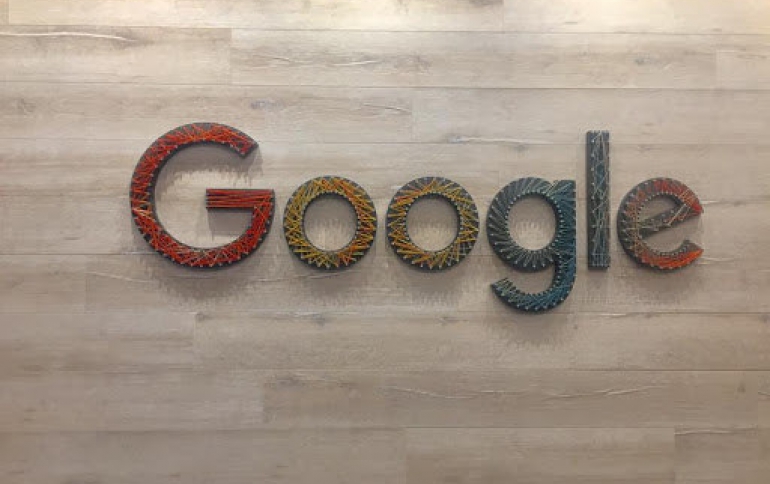
Google Unveils New Policy for Election Ads
Like Facebook, Google said it would publish information around political ads, ahead of European Union elections in the spring.
In May 2019, up to 350 million voters across the European Union will take to the polls to elect 705 Members of European Parliament (MEPs). To support this democratic process, Google is rolling out products and programs to help people get the information they need to cast their votes.
Google will be working with data from Election Commissions across the European member states to make authoritative electoral information available and help people find the info they need to get out and vote.
In September, Google, Facebook Inc., Twitter Inc., and other tech and advertising companies, agreed to a joint code of conduct in Europe, pledging to fight the spread of "fake news" online in Europe. As part of the code, Google and Facebook committed to deploying transparency tools for political ads in Europe after an initial roll-out in the U.S.
To bring people more information about the election ads they see across Google’s ad networks, the search giant will require that ads that mention a political party, candidate or current officeholder make it clear to voters who’s paying for the advertising.
Google will also introduce a new process to verify EU election advertisers to make sure they are who they say they are. Starting in January, political advertisers wishing to run ads on Google services will have to submit documents such as a party registration document or, in the case of citizens, a European ID.
In addition, Google will introduce an EU-specific Election Ads Transparency Report and searchable ad library to provide more information about who is purchasing election ads, whom they’re targeted to, and how much money is being spent.
For the EU 2019 Parliamentary elections, Google will also be offering in-person security training to the most vulnerable groups, who face increased risks of phishing attacks.
Google News Lab will also collaborate with news organizations across all 27 countries to support online fact checking. They’ll be offering a series of free verification workshops to point journalists to the latest tools and technology to tackle disinformation and support their coverage of the elections.




















